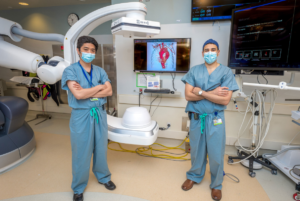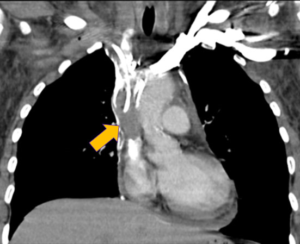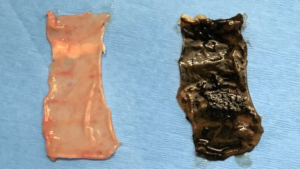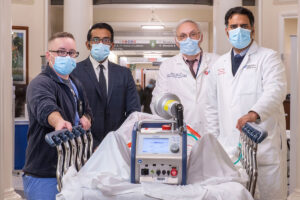Brigham’s Endocrinology Chief Reflects on Recent Successes

Brigham and Women’s Hospital’s Division of Endocrinology, Diabetes and Hypertension cares for patients with a wide range of hormonal and other related disorders, including diabetes, hypertension and thyroid disease. Division Chief Ursula B. Kaiser, MD, recently discussed some of her group’s accomplishments and how the COVID-19 pandemic has affected physicians and other health care providers in the division.





 The
The 
 Laryngopharyngeal reflux disease (LPR), an inflammatory condition related to the direct and indirect effects of gastroduodenal content reflux, affects up to 30 percent of otolaryngology patients worldwide. The condition leads to symptoms including chronic throat clearing and cough, excess throat mucus, postnasal drip and vocal changes, which can significantly impact the patient’s quality of life.
Laryngopharyngeal reflux disease (LPR), an inflammatory condition related to the direct and indirect effects of gastroduodenal content reflux, affects up to 30 percent of otolaryngology patients worldwide. The condition leads to symptoms including chronic throat clearing and cough, excess throat mucus, postnasal drip and vocal changes, which can significantly impact the patient’s quality of life. At Brigham and Women’s Hospital,
At Brigham and Women’s Hospital,